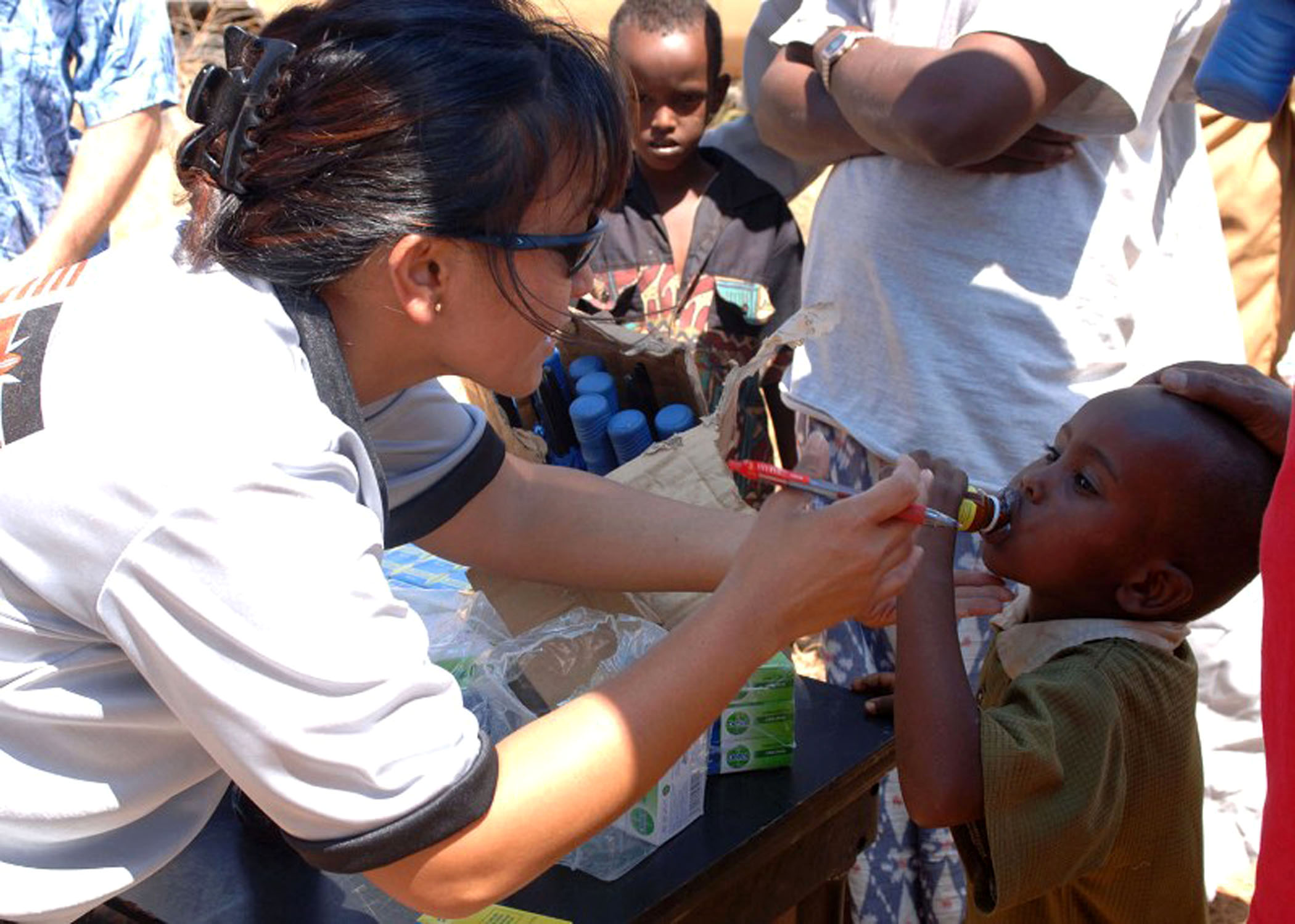
What is Deworming?
Deworming is the process of expelling intestinal worms or parasitic worms from the body by administering an anthelmintic medicine/drug. In more simple terms, it is a medicated process to kill worms.
According to the World Health Organization, Soil-transmitted helminth infections are among the most common infections in humans, caused by a group of parasites commonly referred to as worms, including roundworms, whipworms and hookworms. Those living in poverty are most vulnerable to infection which can impair nutritional status by causing:
- internal bleeding which can lead to loss of iron and anaemia;
- intestinal inflammation and obstruction;
- diarrhoea; and
- impairment of nutrient intake, digestion and absorption.
Why is Deworming Important?
Parasitic worms can lead to malnutrition. Deworming tablets allows people to absorb the critical nutrients needed to be and stay healthy.
Parasitic worms and their larvae are generally found in contaminated food and water in poor communities or areas where cleaning does not frequently happen.
Those who walk without wearing any socks or shoes in high-risk areas are most likely to contract worms.
Symptoms of Intestinal Worms
Common symptoms of intestinal worms are:
- Abdominal pain
- Diarrhea, nausea, or vomiting
- Gas/bloating
- Redness or rash on the buttocks
- Fatigue
- Urinating frequently
- Weight loss
- Tiredness, weakness or hunger due to worms.
- Abdominal pain or tenderness
- Dehydration
- Blood in the stool
Diagnosing Worms
Gastroenterologists may recommend several different tests to help them diagnose intestinal worms. These tests may include:
- Fecal tests to check for signs of infection
- Blood tests to detect some types of parasite
- Colonoscopy, which uses a thin camera to check the bowel for parasites
- Imaging tests to check other organs for signs of damage from the parasite
Tape tests – A tape test involves placing a piece of tape over the anus as the person sleeps to check for signs of eggs.
Checking Fingernails – As your hands are the primary mode of transferring worms inside the body through ingestion, worms often leave their eggs under the fingernails. Your gastroenterologist will examine the area under your fingernails to determine the presence of worms.
How Often Should I Deworm My Child?
Evidence shows that preventive chemotherapy, or the periodic large-scale administration of anthelminthic medicines to populations at risk, can dramatically reduce the burden of worms caused by soil-transmitted helminth infections. Preventive chemotherapy is an important part of a comprehensive package to eliminate morbidity due to soil-transmitted helminths in at-risk populations. However, long-term solutions to soil-transmitted helminth infections will need to address many factors, including improvements in water, sanitation and hygiene.
WHO recommendations for Deworming Children
WHO recommends preventive chemotherapy (deworming), using annual or biannual single-dose albendazole (400 mg) or mebendazole (500 mg) as a public health intervention for all young children 12–23 months of age, preschool children 1–4 years of age, and school-age children 5–12 years of age (in some settings up to 14 years of age) living in areas where the baseline prevalence of any soil-transmitted infection is 20% or more among children, in order to reduce the worm burden of soil-transmitted helminth infection.
Biannual administration is recommended where the baseline prevalence is over 50%. A half-dose of albendazole (i.e. 200 mg) is recommended for children younger than 24 months of age.
Prevention and Home Treatment Remedies
One of the more important aspects of prevention is basic sanitation. For example, people should always wash their hands both before and after using the toilet to avoid possible exposure. Washing the hands before cooking or handling food is also essential. Many intestinal worms enter the body through the food that a person eats. As a result, it is essential to follow some safe food and general cleanliness practices:
- Do not defecate in the open, always use a toilet
- Disinfect your toilet seat regularly
- Cook meat properly before eating
- Always wash your hands properly with water and soap before eating & after using the toilet
- Always trim your nails and keep them short & clean
- Always wear slippers or shoes while using the toilet
- Never leave food uncovered
- Always drink filtered or bottled water
- Do not ever eat raw vegetables and fruits without washing them with clean water
Some home remedies are also beneficial for deworming and to ease the discomfort:
Raw Papaya: is known for its medicinal properties due to an enzyme Papain found in it. This enzyme works as an anthelmintic which kills intestinal worms whereas papaya seeds help to expel worms out of the body.
Pumpkin seeds: are rich in cucurbitacin, which can paralyze worms and make it impossible for them to survive inside the body.
Garlic : Raw garlic is charged with amino acids containing sulphur, which act as natural deworm for children by killing parasites and expelling them out of your body for good.
Carrots: are rich in Vitamin A, known for immune-boosting properties which help your body to fight against intestinal worms.
Turmeric: is famous for its medicinal and antiseptic properties for long. It helps to eliminate parasitic worms from your body and also in healing internally.
Coconuts: are rich in lauric acid, which forms into monolaurin, a compound known for enhancing immunity. A strong immune system helps your body ward off or eradicate parasitic worms from your body. READ: 10 Importance Of Hand Washing In Nigeria





